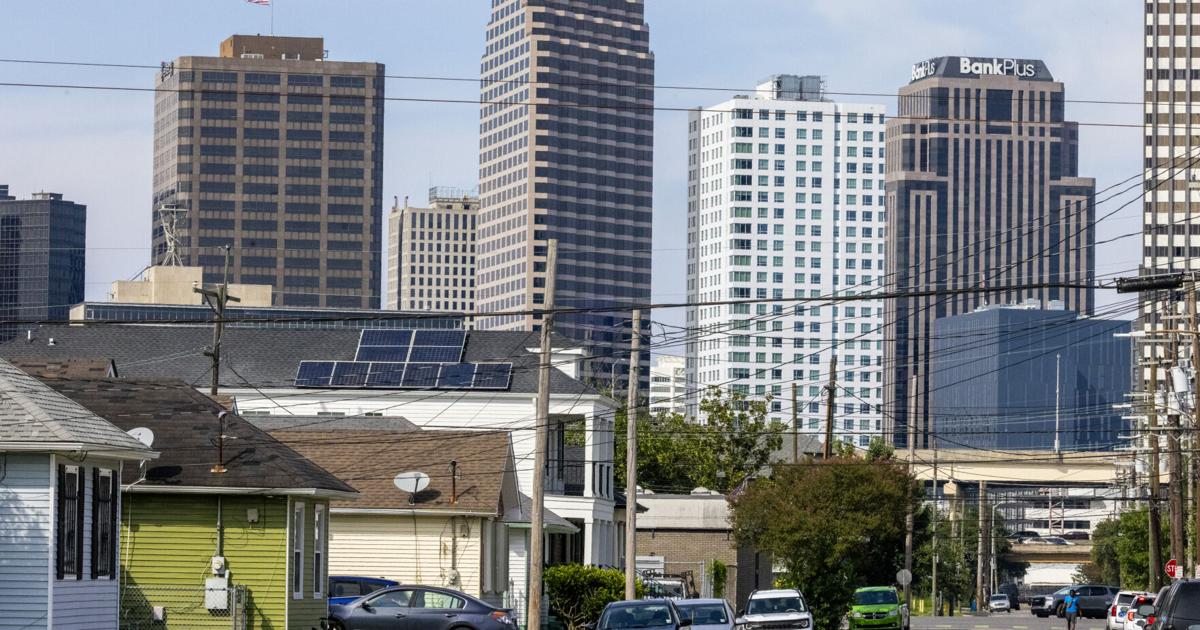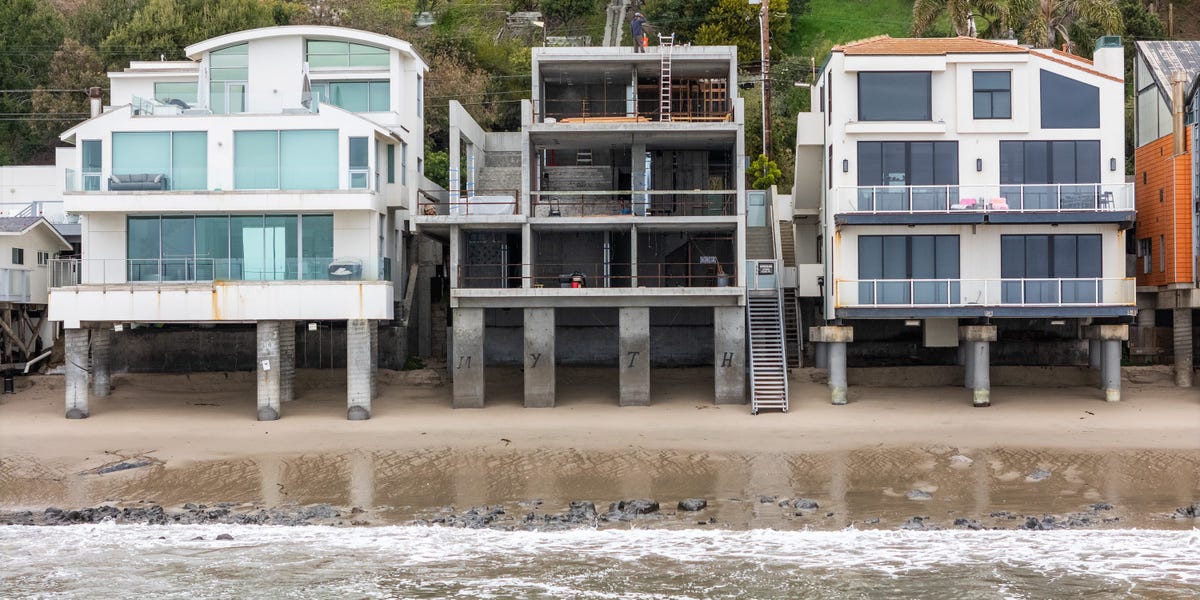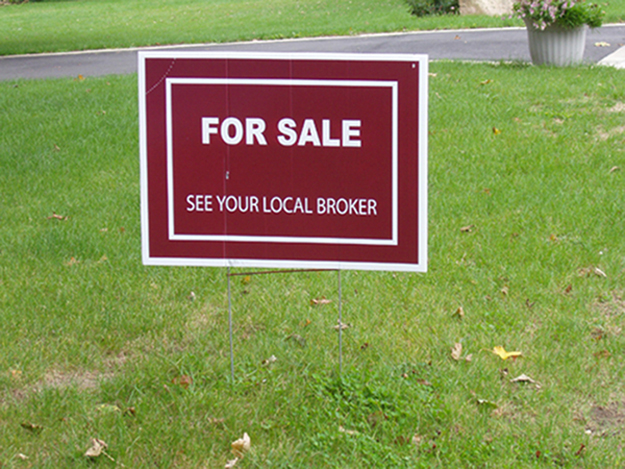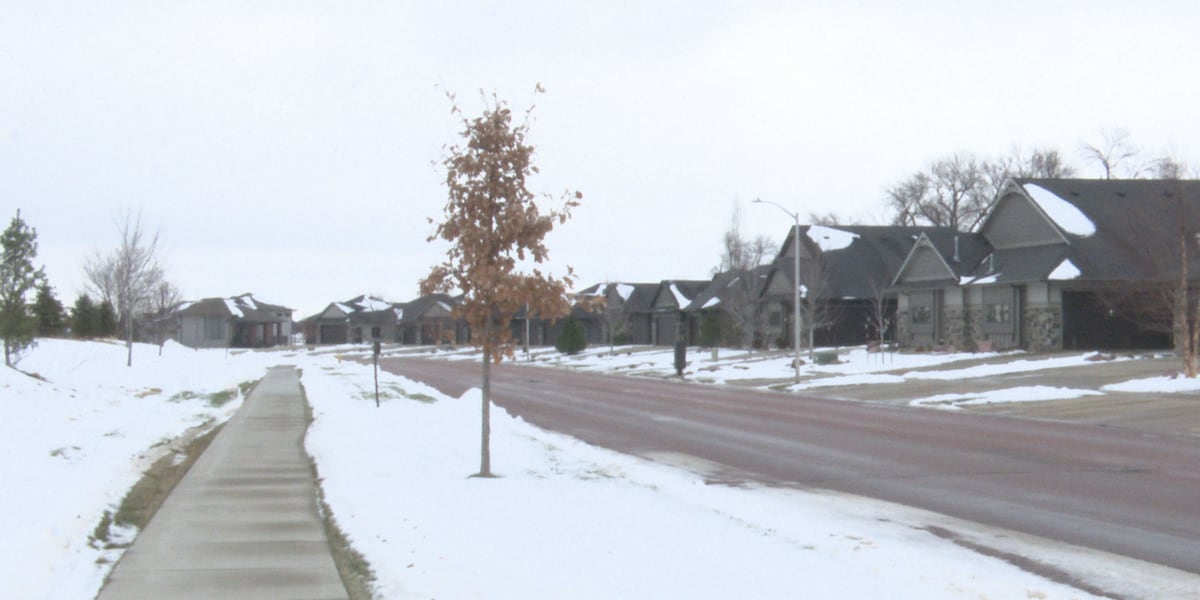N
ew Orleans ranks dead last in a study of 100 US cities by the University of Mississippi, with its residential real estate market showing a long-term downward trend. The city's house prices are currently 14% below their inflation-adjusted trend, which is even worse than other cities that have seen declines since 2000. In contrast, Baton Rouge comes in at 92 on the list.
The study, led by Ken Johnson, a real estate professor at the University of Mississippi, used open-source data to track inflation-adjusted house prices and rents in major American cities. Johnson notes that New Orleans is "maybe the toughest city in America for real estate," with current prices below even the long-term trend. Rents, however, are outpacing inflation despite a decline in area population over the last decade.
House prices in the Greater New Orleans area have risen across most parishes, but this masks big discrepancies in a market skewed toward the more affluent. When adjusted for inflation, house prices in New Orleans and Baton Rouge have been sliding downward since 2000, with New Orleans' prices down by more than $20,000 over the past decade.
"There are a lot of reasons to live in New Orleans besides property price appreciation," Johnson said, "but homeownership is very often sold as the best vehicle to wealth creation, and that might well not be the case in New Orleans." The study's findings highlight the need for policymakers to consider the complex factors driving housing markets.
The University of Mississippi's study shows that New Orleans' average house prices are running at about 14% below their long-term inflation-adjusted trend. This is a double-bad news, as even on trend, New Orleans is one of only 10 cities in the study seeing long-term inflation-adjusted decline. Factors contributing to this include population decline and a slow-growth economy.
In contrast, Baton Rouge's market has been less volatile in recent years, but its long-term downward trend has been steeper. A Baton Rouge house bought at about $135,000 in 2000 now has a market value of about $128,000 after adjusting for inflation, or a loss of 5%. Johnson and his partner Eli Beracha note that many factors need to be considered when evaluating housing markets.
The study's findings also highlight the challenges faced by other cities, such as Detroit, which is currently at the top of the list due to its strong upward trend in house prices over the past seven years. However, this is from a low base, and the city still faces issues with unmet demand for new homes and speculative investors dominating home purchases.
Johnson hopes that their study will be "part of the conversation" and help policymakers make informed decisions. He notes that there may be a bright spot in New Orleans' housing market, as the price-to-rent ratio is very low, which typically signals soon-to-be property appreciation.














